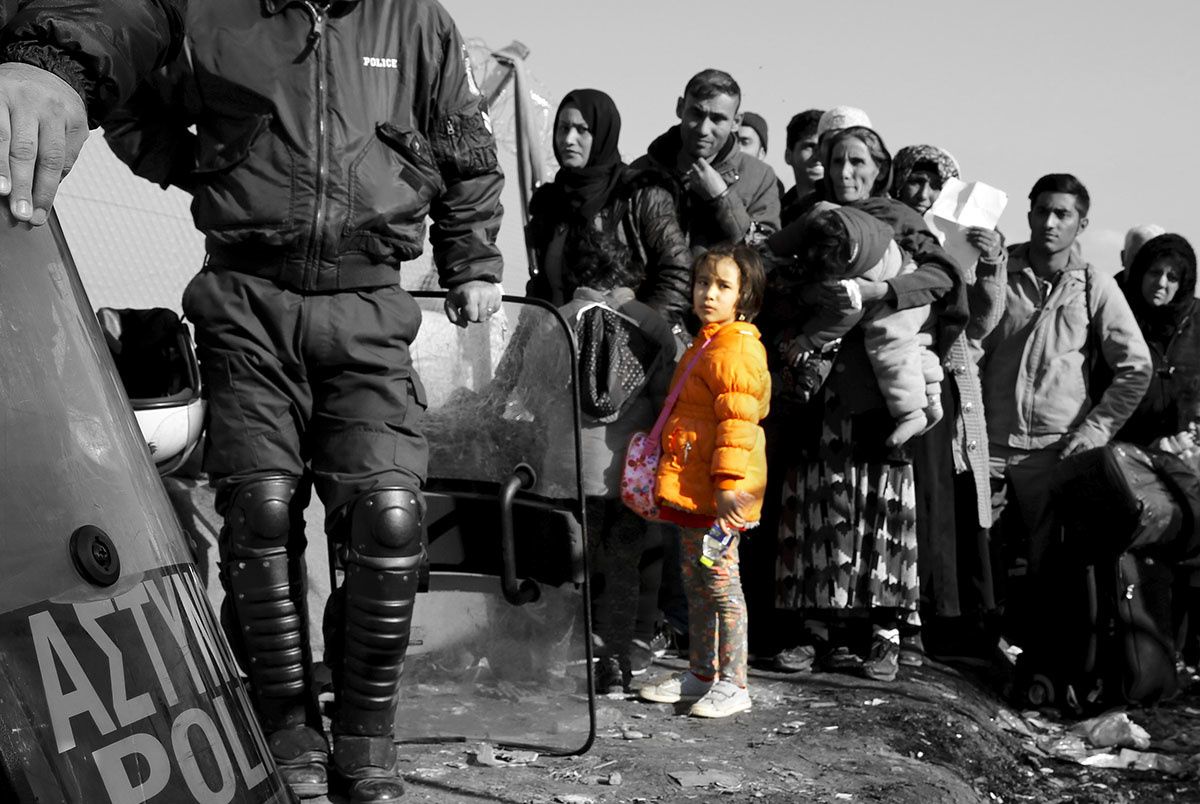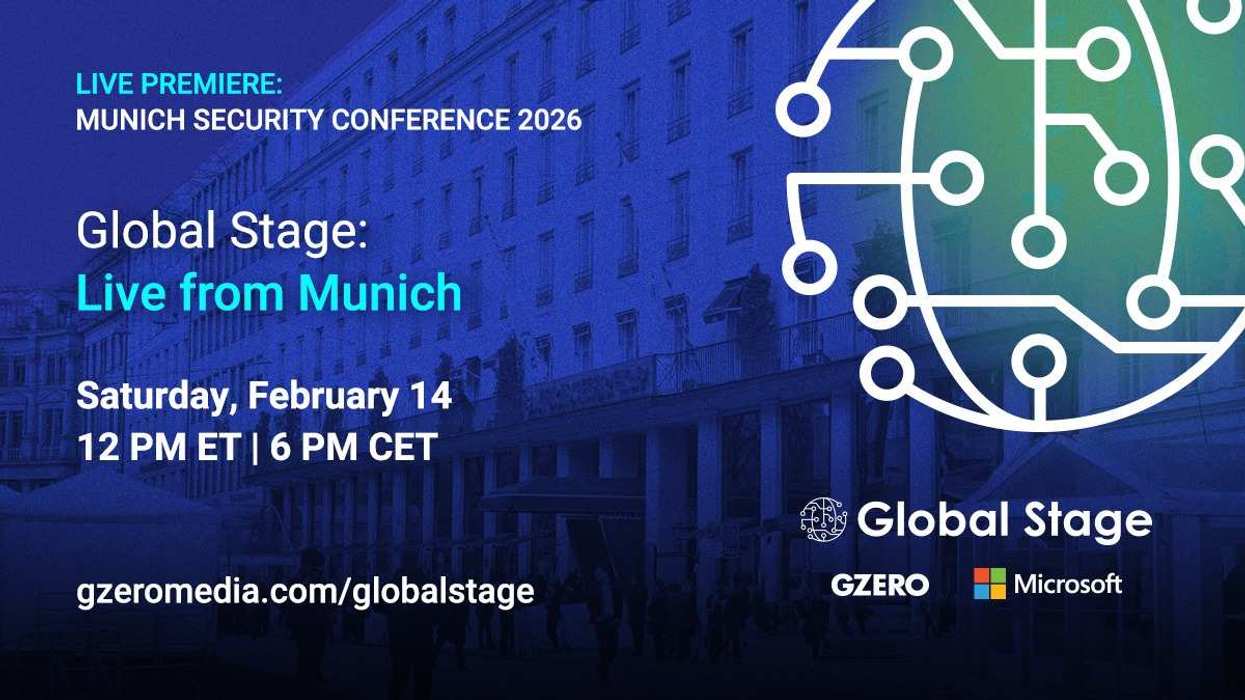A family of refugees steps off a boat or arrives at a border. Should they be allowed to enter? This question provokes passionate responses in countries around the world these days.
But there's a second set of questions: if they are admitted, where will they live? How will they learn a new language? How will their children be educated? Will they have access to the training needed to get jobs to help them support themselves?
In short, how can they be integrated into society?
These questions are at the heart of a new report from the EU, which warns of a potential "lost generation" of migrants, people who enter Europe to build better lives but then find little chance of integrating into society.
Between 2015 and 2018, nearly two million people were granted protection within the European Union. Some were refugees. Others were migrants looking for better economic prospects for themselves and their families. About 80 percent of these people were under the age of 34.
To ensure they can be integrated, the report calls on EU member states to:
- speed up asylum procedures
- cut the red tape that delays the reunification of families
- provide proper housing
- improve mental healthcare for refugees under enormous stress
- grant asylum applicants early access to education, vocational training, and jobs to protect them from exploitation of their labor or criminals pushing them toward lives of crime.
This is not charity. EU countries, especially those with fast-aging populations, need an infusion of young people to power their economies and pay for their social safety nets. Immigrants can provide that boost, but only if they're given a real opportunity to contribute.
The report's authors point to good news. They say that the six countries covered in the report (Austria, France, Germany, Greece, Italy and Sweden) have already taken positive steps on housing and on language programs for children. But there are still dangerous gaps that need to be addressed in all these countries.
This is a global problem. There is nothing uniquely European about this challenge. There are now more than 71 million displaced people around the world. It's a hot political topic in every region of the world, and the forces that have pushed so many from their homes—war, organized crime, the impact of changing weather patterns on agriculture, inequality among nations, and broader public awareness of better conditions elsewhere—continue to intensify.
The bottom-line: Serious thinking about how best to integrate migrants will benefit the countries that choose to welcome them and the migrants themselves. The need will only grow more urgent in coming years.



















